Center for the Study of Tobacco and Society
College of Community Health Sciences | University of Alabama
College of Community Health Sciences | University of Alabama
The University of Alabama Center for the Study of Tobacco and Society (CSTS) was founded in 1998 by Alan Blum, MD, when he was appointed as the Gerald Leon Wallace, MD Endowed Chair in Family Medicine. Over more than 40 years of doing what he calls “a daily biopsy” of the tobacco industry and the medical, social, and economic impact of cigarette smoking, he has amassed the largest collection at any university of original documents, artifacts, ephemera, photographs, and print and broadcast news coverage of efforts to counteract the tobacco industry and cigarette marketing from the 19th century to the present. Through online exhibitions (csts.ua.edu/exhibitions), an oral history project, and original research papers and presentations, the Center is the sole information resource to explore the failures as well as the successes of the public health efforts to curtail the leading preventable cause of death and disease in the U.S.
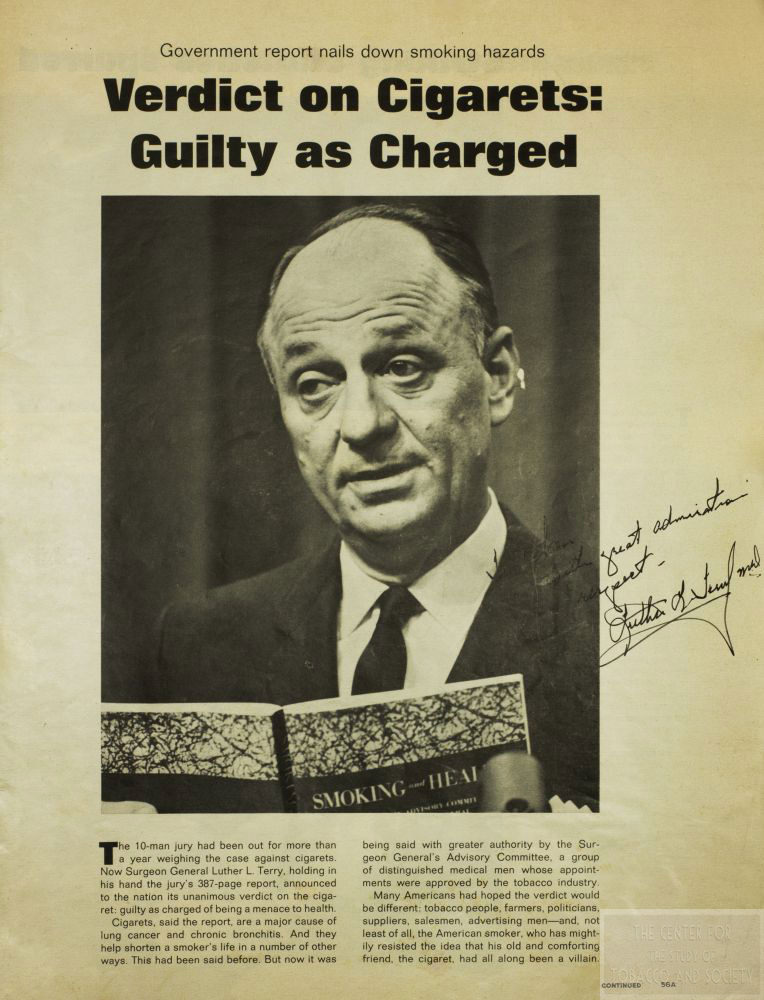

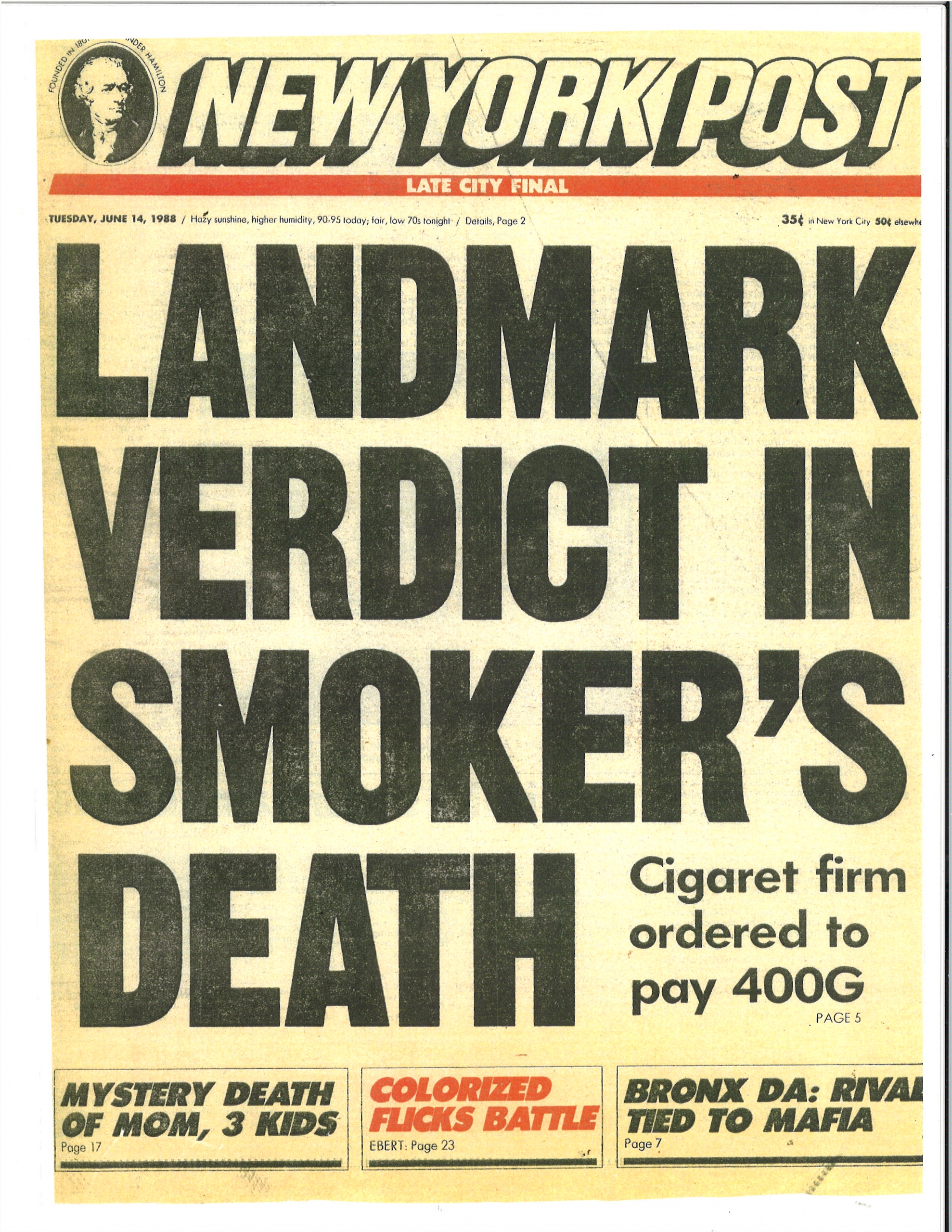
A word from Alan Blum, MD, Director, University of Alabama Center for the Study of Tobacco and Society…
This is a vast and endlessly fascinating resource, but it is also ironic and humbling. Trying to report objectively on the spectrum of tobacco issues and to create interpretive exhibitions from many different vantagepoints–not just the single David vs. Goliath public health narrative of beating up on Big Tobacco–has made this collection hazardous to most viewers’ preconceptions, especially those in the professionalized academic and governmental grant-based world of tobacco control. This collection of what the tobacco industry, its allies, and its opponents actually did is a natural counterpart to the tobacco industry documents (https://www.industrydocuments.ucsf.edu/tobacco/), which the academic public health community has all too often equated with the history of this issue. Unfortunately, many in government health agencies, philanthropic foundations, public health schools, medical societies, and voluntary health associations choose only to look at ending the world smoking pandemic as the epitome of a public health triumph. It is far more complicated than that. Everyone over the age of two now knows that smoking is hazardous to health. However, reluctance to learn from past and present mistakes, misguided policies, and the squandering of resources in trying to reduce smoking has hindered innovation and progress. Understanding the failures as well as the successes in curbing tobacco use and promotion is necessary for tackling emerging problems such as digital media addiction, vaccine disinformation, childhood and adolescent obesity, and the targeting of alcohol, marijuana, tanning bed, and gambling advertising to high-school and college students.

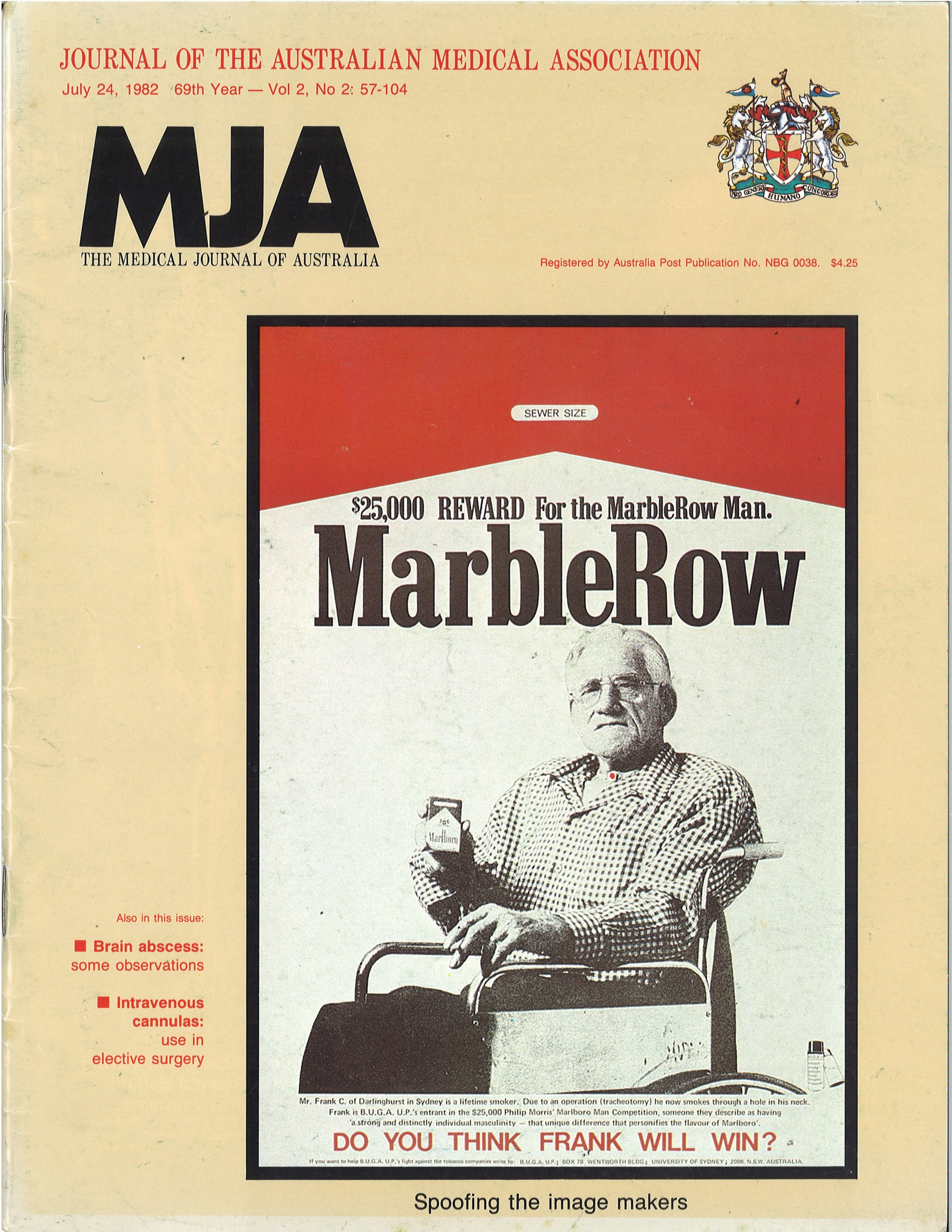
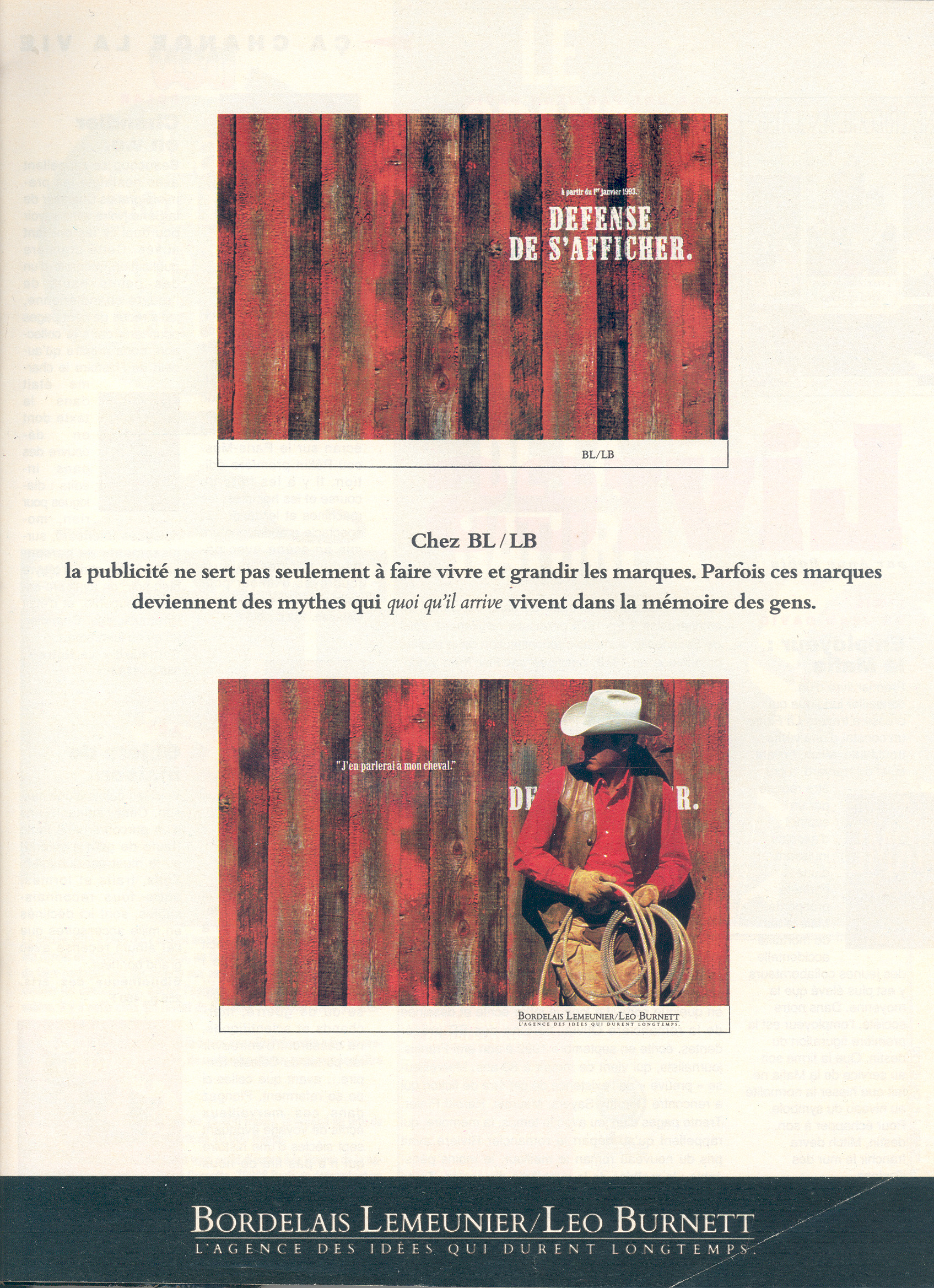
A word about DOC (Doctors Ought to Care)…
In 1977, as a resident in family medicine at the University of Miami School of Medicine, Dr. Blum started a physicians health advocacy organization, Doctors Ought to Care (DOC), to combat the promotion of cigarette smoking and other lethal lifestyles. He and Dr. Rick Richards, a family medicine resident in Spartanburg, South Carolina, co-founded National DOC and were soon joined by Dr. Tom Houston, a family medicine resident in Jackson, Mississippi and other leaders in family medicine, notably Drs. Paul Fischer and Adam Goldstein of Georgia, Dr. Luke Burchard of Illinois, Dr. Chris Shank of Iowa, Dr. Mark Glassner of Delaware, and Drs. Audrey and Paul Pohlman of Nebraska, as well as New York internist Dr. Ed Anselm and surgeon Dr. George Gitlitz. During the next 25 years (https://csts.ua.edu/doc/), through offices at the Medical College of Georgia and Baylor College of Medicine, DOC established chapters at over 100 medical schools and family medicine residency programs, attracting thousands of physicians and medical students to help develop positive health strategies in the clinic, classroom, and community. DOC pioneered in the use of paid satirical counteradvertising in the mass media directed at the purveyors of tobacco, alcohol, and junkfood. DOC’s honorary chairs included Dr. Joe Davis, Chief Medical Examiner of Dade County, Florida; Dr. Alton Ochnsner, renowned thoracic surgeon and one of the first physicians to campaign against smoking; and Mrs. Janet Terry, wife of Surgeon General Luther Terry. For its efforts, DOC received the Surgeon General’s Medallion from Dr. C. Everett Koop, the first National Public Health Award from the American Academy of Family Physicians, The John P. McGovern Award from the American School Health Association, and the first Adolescent Health Award from the American Medical Association. As editor of the Medical Journal of Australia and the New York State Journal of Medicine in the 1980s, Dr. Blum published the first theme articles at any journal on the world cigarette pandemic. He has given over 2000 invited presentations in all 50 states and more than 20 countries, including 11 World Conferences on Tobacco or Health.


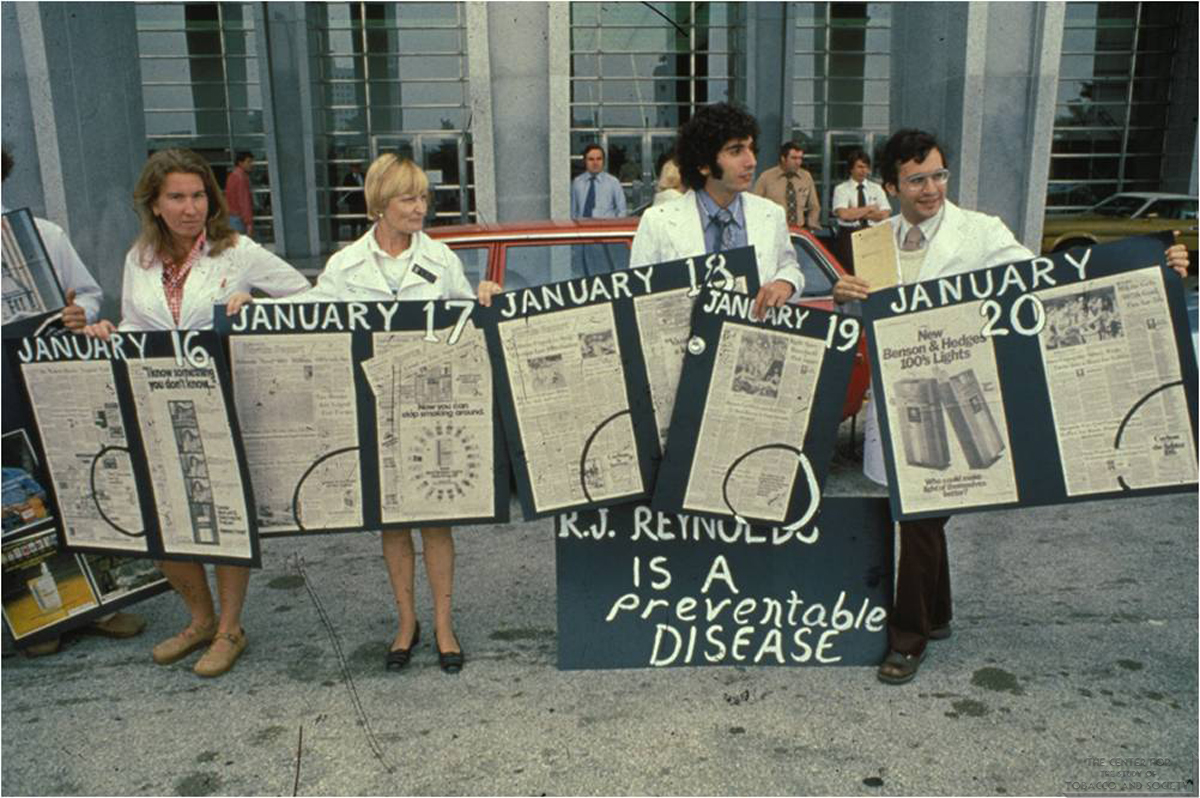
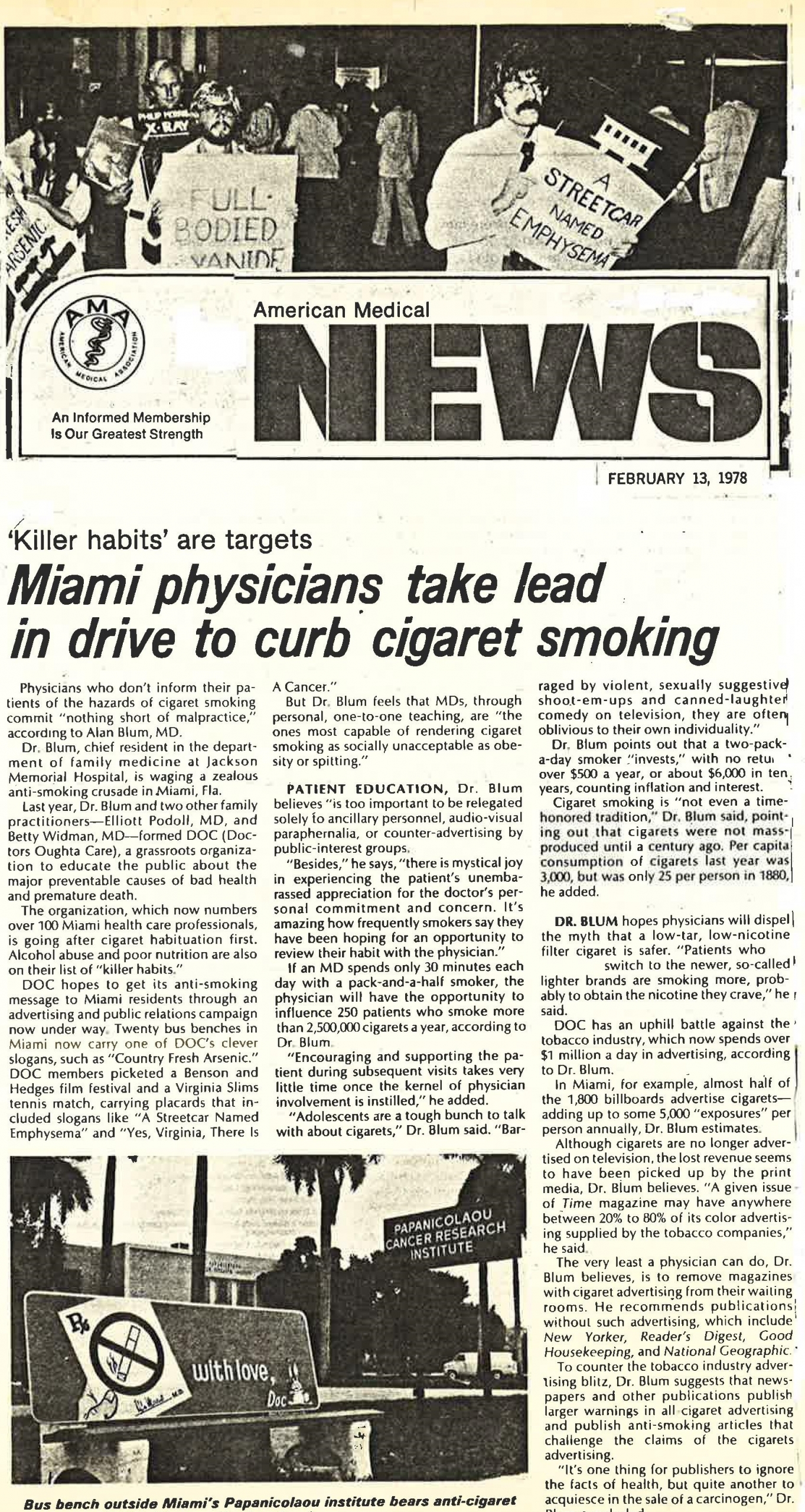
“Exhibitions of Impact:
Introducing the Special Issue” (20 pages)
David Haldane Lee
American Behavioral Scientist
Theme issue editors: David Haldane Lee, Barry Wellman
Vol. 65, No. 13, November 2021
“Exhibitions as Public Health Interventions:
The University of Alabama Center for the Study of Tobacco and Society” (11 pages)
Robert Riter, Kevin Bailey, Jeff Herschey
American Behavioral Scientist
Theme issue on “Exhibitions of Impact”
2021;65:13:1820-1830
Alan Blum, M.D., Director
205-348-2886
ablum@ua.edu
© Copyright - The Center for the Study of Tobacco and Society
This website uses cookies to collect information to improve your browsing experience. Please review our Privacy Statement for more information.
